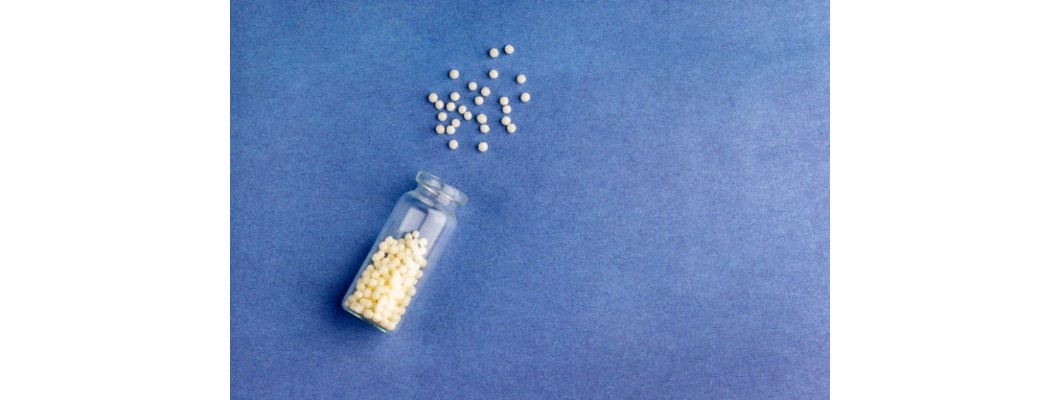
The premise that homeopathic medicines are safe has been around for years, but the FDA is still skeptical. The agency requires competent scientific evidence for any product's claims, and it requires that products be pure and effective. Consumers might be risking their health by choosing homeopathic treatments for serious diseases. Fortunately, there are other alternatives. These include conventional drugs and a newer alternative known as acupuncture.
Many doctors and researchers believe that a homeopathic treatment will cure a patient of any disease. Despite claims to the contrary, a number of studies show that homeopathic medicines can be effective for many conditions. One study found that patients who received homeopathic treatments experienced a higher degree of remission than those treated with conventional methods. In the long run, this approach has the potential to save lives. In addition, it is effective in treating a variety of conditions, including headaches and digestive problems.
Another explanation for why homeopathic medicines are effective is that the symptoms associated with the disease are neutralized by other factors, including time. In fact, homeopathic preparations are effective for the treatment of both acute and chronic illnesses. Most of the diseases are caused by unrelated environmental agents, foods, and activities, and are cyclical, so patients seek care when their symptoms are worst. Although the effects of these treatments are not measurable, many patients attribute their improvement to homeopathic preparations.
The homeopathic method is based on the principle of "like cures like". A placebo is a drug that produces a specific reaction in the body. However, a placebo is an illusion. A placebo is an alternative treatment that will relieve the symptoms. It is not a substitute for conventional care, but a supplement to it. When you take a homeopathic medicine, you are not just taking a pill.
A placebo is a drug that causes side effects. This is called the placebo effect. This effect is a result of the patient's subconscious mind's association with the drug. People who experience a placebo are more likely to get sick, while those who do not have a placebo may feel better. This can be because the homeopathic remedy matches a patient's symptoms. The same can happen if they are given the wrong medicine.

Leave a Comment